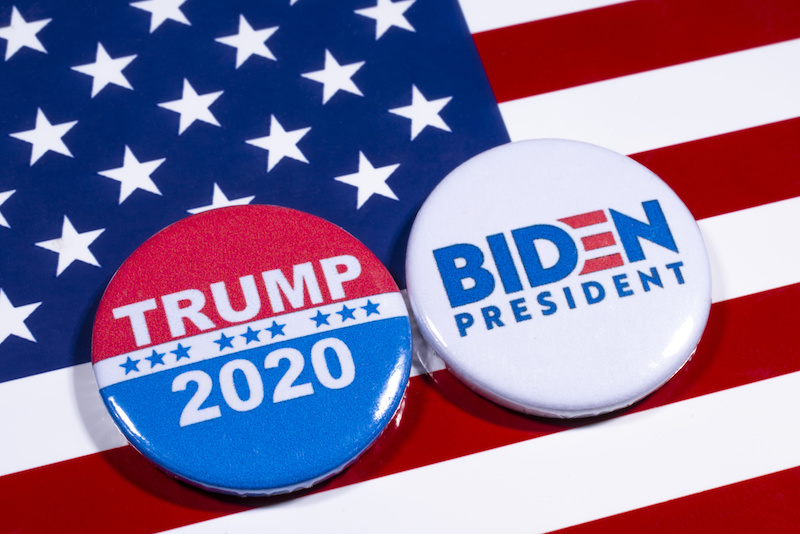This may not help to ingratiate Twitter with the current US President.
This week, as we inch closer towards the US Presidential Election, Twitter has outlined three new types of election and voting misinformation that it will no longer allow on its platform.
As per Twitter:
“Starting next week, we will label or remove false or misleading information intended to undermine public confidence in an election or other civic process. This includes but is not limited to:
- False or misleading information that causes confusion about the laws and regulations of a civic process, or officials and institutions executing those civic processes.
- Disputed claims that could undermine faith in the process itself, e.g. unverified information about election rigging, ballot tampering, vote tallying, or certification of election results.
- Misleading claims about the results or outcome of a civic process which calls for or could lead to interference with the implementation of the results of the process, e.g. claiming victory before election results have been certified, inciting unlawful conduct to prevent a peaceful transfer of power or orderly succession.”
The rules seem almost specifically pointed at US President Donald Trump, whom Twitter has already tangled with in the past over his criticisms of the election process, which, of course, will be impacted this year due to changes implemented as a result of COVID-19.
Back in May, President Trump tweeted this comment, which prompted Twitter to add warning labels to these specific tweets.
….living in the state, no matter who they are or how they got there, will get one. That will be followed up with professionals telling all of these people, many of whom have never even thought of voting before, how, and for whom, to vote. This will be a Rigged Election. No way!
— Donald J. Trump (@realDonaldTrump) May 26, 2020
That action infuriated the President, who subsequently issued an Executive Order calling for a review of the platform’s power to add fact-check markers to his tweets.
Yet, despite these concerns, Twitter had held firm, and has continued to add warning labels to tweets from President Trump and other politicians, especially on misleading claims relating to the election process. President Trump remains critical of the voting system, but as Twitter notes here, it’s looking to expand its efforts to label and remove such, in order to encourage maximum civic participation in the poll.
Given the history, you would expect these updates will set Twitter on a collision course with Trump once again, at some stage in the campaign.
The last note here also seems pointed towards the current President.
As The New York Times reported last month, Facebook has been exploring measures it might take in case President Trump decides not to accept the results of the 2020 election. In various interviews about the poll, President Trump has thus far avoided questions about whether he will accept the final result, given his reservations about the voting process.
Now Twitter is also preparing for the possibility that Trump may not accept the result, and could use his massive social media presence to declare victory, and invalidate the actual results.
This is a significant concern, only because Trump has refused to rule out the possibility of him not accepting the results. If Trump sought to activate his supporter base through social posts, that could lead to a dangerous situation – and while this is based on a lot of supposition (Trump would first have to lose the vote, which, of course, may not happen), the platforms are preparing themselves for the potential weaponization of their platforms in that scenario, if such occurs.
Tweets that violate these new rules will either be removed entirely, or will see reduced visibility across the platform.
“Reducing the visibility of Tweets means that we will not amplify the Tweets on a number of surfaces across Twitter. However, anyone following the account will still be able to see the Tweet and Retweet.”
It’s both an encouraging and concerning update – encouraging from the perspective that Twitter is working to protect the integrity of the voting process, and keep people accurately informed. But concerning that the social platforms feel the need to implement rules around such.
Definitely, it feels like the 2020 Presidential Election will be unlike any other civic process that’s come before. And given the year we’ve had already, would you really expect anything else?
The new policies will be enacted from Thursday, September 17th, 2020.












